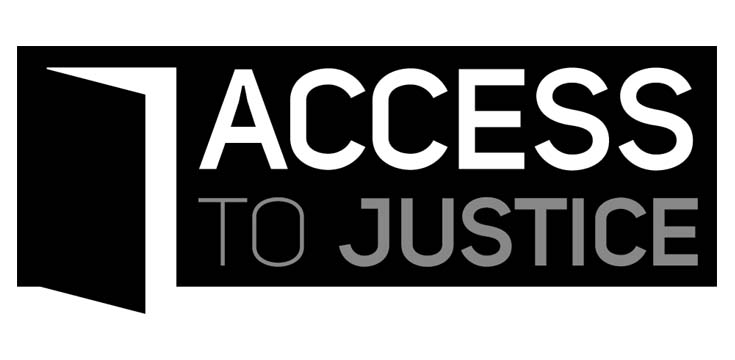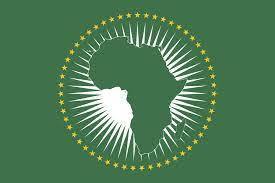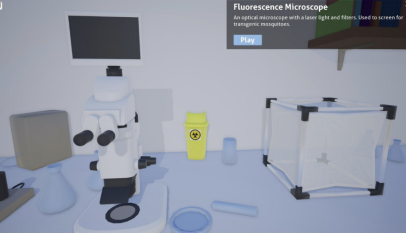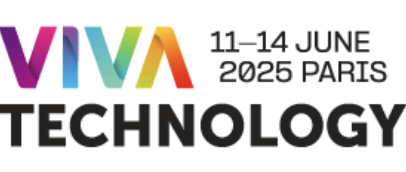PWAN’s quest for ensuring access to justice for the indigent in Kano
Partners West Africa Nigeria’s Greater Access to Defense and Justice Project (GADJET) is a perfect response to the travails of poor and indigent people whose pursuit for legal redress is always either marred by long delays or never become a reality, altogether.

Access to justice for indigent people in Nigeria has for long remained a daunting challenge due to the failure of the formal judicial system to ensure effective legal aid services to indigent people who can neither afford the cost implication of hiring a counsel nor have the capacity for self-representation in courts of law.
As they say, justice delayed is justice denied, however, the Nigerian judicial system is one characterized by intractable delays hence it is not uncommon to find inmates awaiting trial staying in Nigerian prisons for as long as 10 to 15 years. Thus, Partners West Africa Nigeria’s Greater Access to Defense and Justice Project (GADJET) is a perfect response to the travails of poor and indigent people whose pursuit for legal redress is always either marred by long delays or never become a reality, altogether.
The Partners West Africa Nigeria (PWA-N) is a nonprofit dedicated to enhancing citizens’ participation and improving security governance in Nigeria and West Africa. PWAN is a member of Partners Global, an international network of 22 organizations spread around the world, united by common approaches including participatory decision making, collaborative advocacy, consensus building and social entrepreneurship for democratic governance.
In February, 2017, under GADJET, Partners West Africa Nigeria (PWA-N) also known as the Rule of Law and Empowerment Initiative established the first-ever Public Defenders Office (PDO) in Kano State whose mission is to improve access to justice for poor and indigent people for Nigeria’s most populous state.
The GADJET program which is supported by the US Embassy’s Bureau of International Narcotics and Law Enforcement works closely with stakeholders at community, local, state, national, and international levels to advocate for and deliver effective justice services. The program also focuses on citizen engagement and advocacy by delivering public awareness campaigns and legal clinics to educate the public on their fundamental rights and how they can access PDO services.
“The PDO has on record about 300 reported cases. The office employs a collaborative and multi-stakeholder approach to providing legal aid services to indigent residents of Kano by engaging stakeholders such as the National Human Rights Commission, Nigerian Bar Association, Hisbah Board, Nigeria Prisons Service, Legal Aid Council as well as CSOs such as the Isa Wali Empowerment Initiative and Democratic Action Group,” says Kemi Okenyodo, PWA-N’s executive director while opening a 2-day Expert Level Convening on Consolidating Legal Aid Approaches in Kano State held last week in Kano.
In his welcome remarks at the event, the Chief Justice of Kano State, Honourable Justice Nura Sagir, who was represented by Justice Nasiru Saminu, said the meeting was timely and couldn’t have come at a better time than now when indigent people in Kano state were facing a lot of access to justice challenges to do with rape and marital disputes adding that since everyone was equal before the law hence indigent people merited access to legal aid services.
In his speech, the chairman of the event, Emir of Kano Muhammadu Sanusi II, represented by the District Head of Gwarzo, Alhaji Kabiru Bayero expressed his delight over the event which he said would “help our people at the grassroots having challenges accessing justice. Such people are afraid of even going to court to present their case as such end up being denied justice. Legal aid services should be available in all our LGAs to address issues to do with rape and forced marriages.”
While keynoting the event, Honourable Justice Olufunlola Adekeye, a retired justice of the Supreme Court and Vice Chair of PWA-N’s board said although there were currently in existence various approaches to the provision of legal aid services in Kano such as traditional, religious and common law legal systems there was yet a law consolidating the legal aid services for the purpose of coordination.
“It therefore brings to bear the need for a law on aid services that will harness the activities of all and improve on inter-organisational service delivery. As society is dynamic, so are the branches that make up the society. There are complexities in the society we live today such as technological, advanced forms of crimes necessitating a shift from status quo and review of existing legal frameworks like the Administration of Criminal Justice Bill which Kano is yet to pass into law,” says Justice Adekeye.
As a way forward, the meeting resolved that for Kano to effectively consolidate legal aid approaches the state had to, amongst others, adopt the Lagos style of justice sector reform with the State’s Ministry of Justice leading the process. Moreover, it was resolved that all state and non-state actors providing legal aid services in Kano should be organized into a network to strengthen them for effective collaborations and sharing of information and to avoid duplication when it comes to handling of cases.
In attendance at the event were representatives of the Ministry of Justice, Kano; Nigerian Bar Association (NBA); Legal Aid Council of Nigeria (LACON); National Legal Aid Services, Kenya; Legal Aid Forum, Rwanda; Tanzania Network of Legal Aid Providers; and National Human Rights Commission (NHRC). Others were the Network of University Legal Aid Institutions (NULAI); Nigeria Prisons Service (NPS); Kano Emirate Council; Kano State Hisbah Board as well as civil society organisations providing legal aid services in Kano State.












